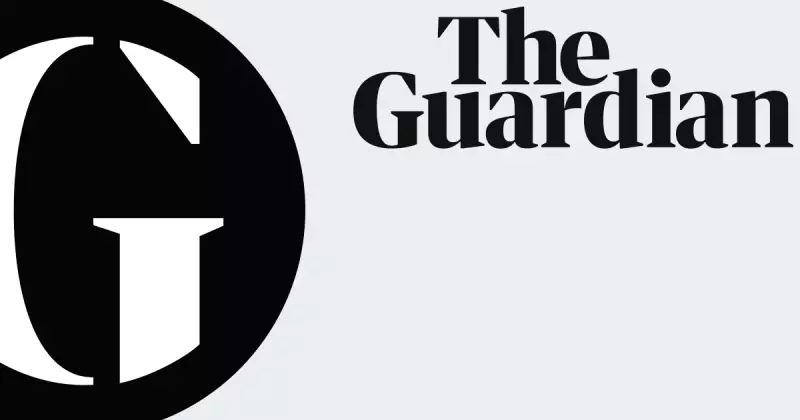
While governments debate policy, ordinary British citizens are taking matters into their own hands, orchestrating daring evacuation missions to rescue children from the devastation of Gaza. These unofficial rescue operations represent a stunning grassroots response to one of the world's most pressing humanitarian crises.
The Secret Networks Operating in Plain Sight
Across Britain, unlikely heroes—from teachers to retired professionals—have established covert networks to extract children from the conflict zone. Operating through complex webs of contacts and often funding missions from their own pockets, these volunteers navigate bureaucratic mazes and dangerous conditions to bring children to safety.
Why Official Channels Are Being Bypassed
Frustrated by the slow pace of diplomatic solutions and overwhelmed official aid organisations, these British civilians have created alternative evacuation routes. Their methods, while unorthodox, have proven remarkably effective in situations where every hour counts.
The Emotional Toll on British Volunteers
The psychological burden on these volunteers is immense. Many work around the clock, juggling their normal lives with the high-stakes coordination required for successful extractions. The emotional rollercoaster of successful rescues is tempered by the haunting knowledge of those they cannot reach.
Children's Stories: The Human Face of the Crisis
Behind each evacuation statistic are individual stories of trauma and resilience. Children who have witnessed unimaginable horrors are being given a chance at safety and stability, thanks to the determination of ordinary Britons who refused to stand by and watch.
The Legal and Ethical Tightrope
These civilian-led operations exist in a legal grey area, raising complex questions about international law, child protection protocols, and the boundaries of humanitarian intervention. Yet participants argue that in the face of overwhelming human suffering, action cannot wait for perfect solutions.
How Britain is Responding
The British government faces increasing pressure to address both the humanitarian crisis in Gaza and the phenomenon of its citizens taking independent action. Meanwhile, the success of these grassroots efforts challenges traditional approaches to international aid and evacuation procedures.
As the conflict continues, these ordinary Britons demonstrate that humanitarian action isn't always led by governments or large organisations. Sometimes, it's the courage of individuals that makes the crucial difference between life and death for the most vulnerable.





